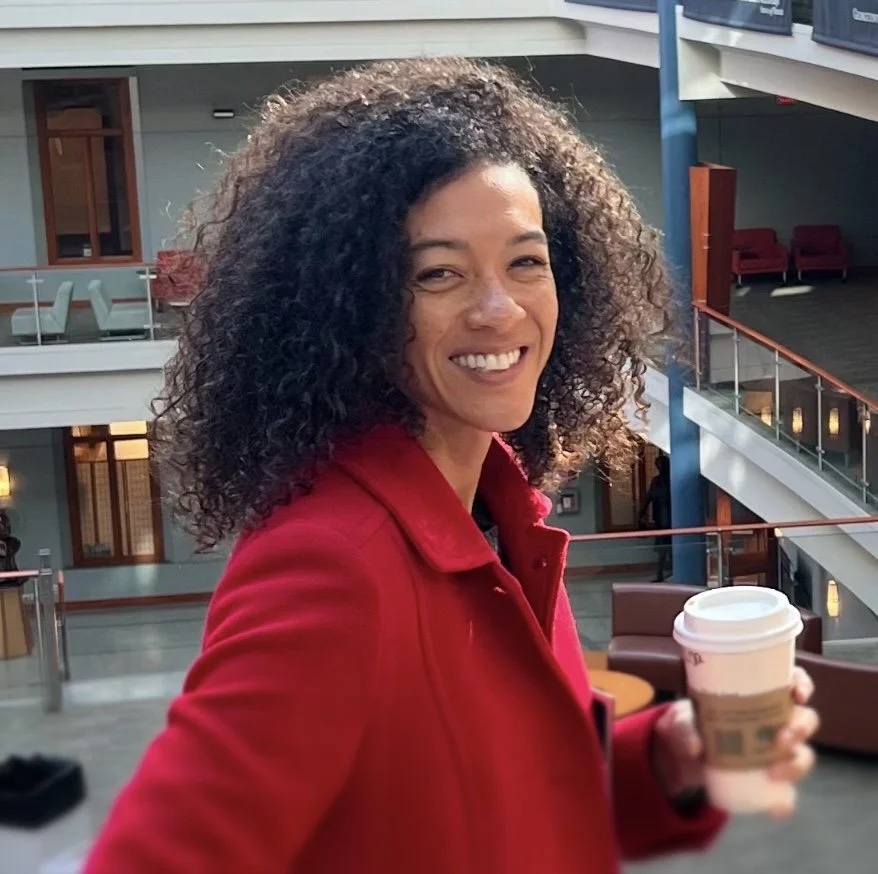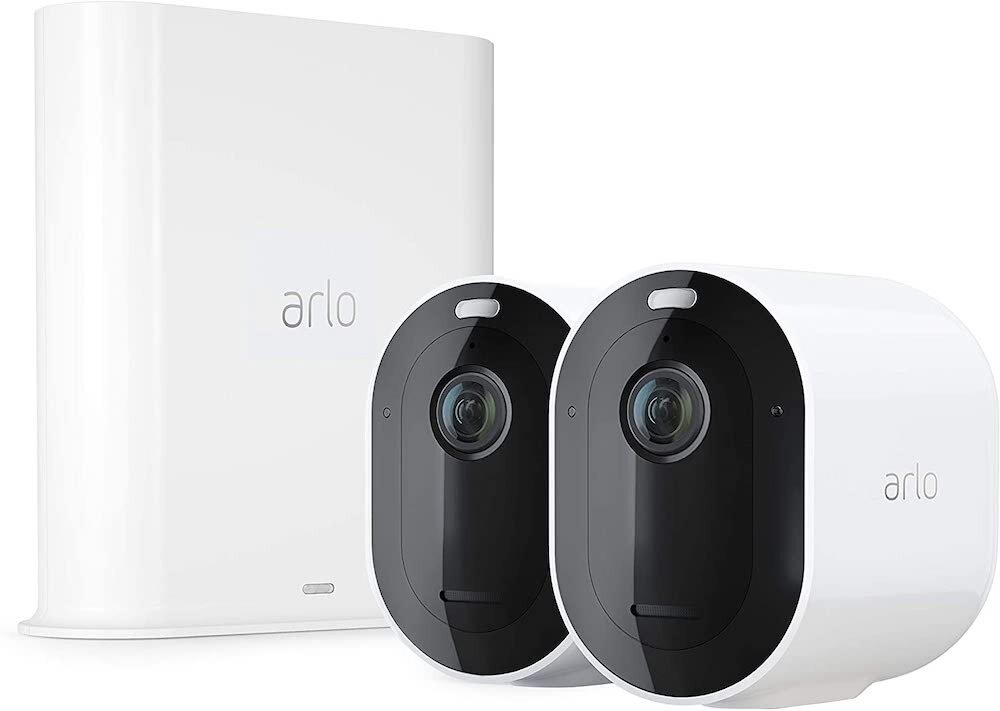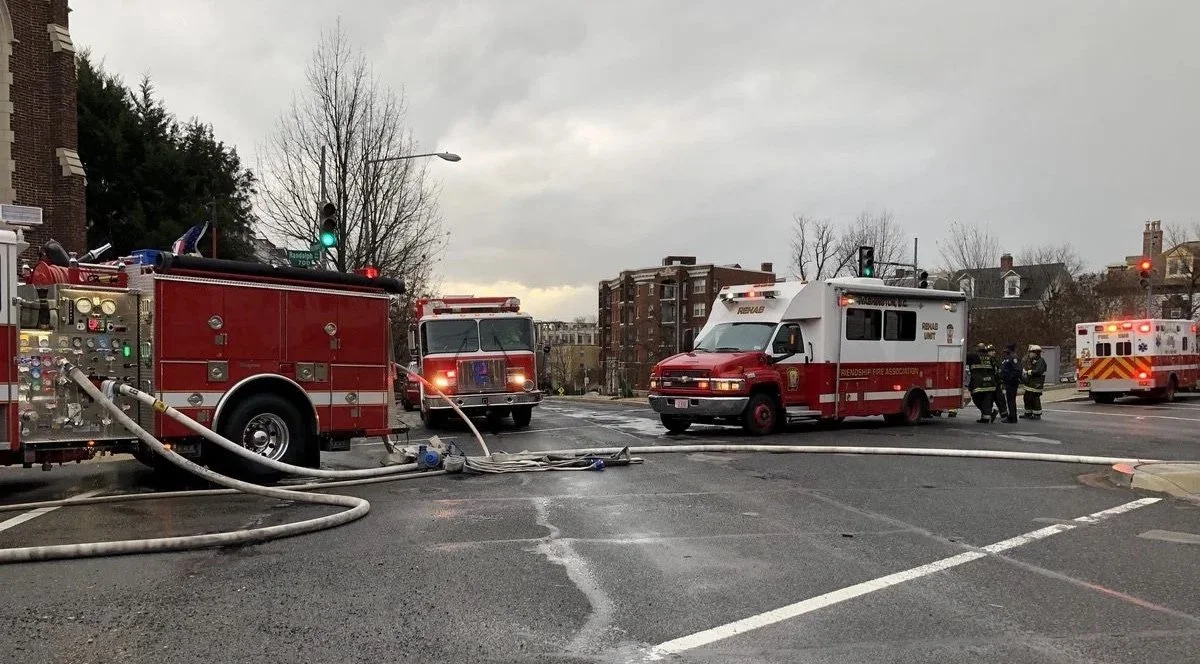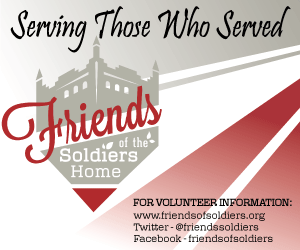A guide to reducing, reusing and recycling in Petworth
/Old things can easily be repurposed into new things by you—or someone else—instead of going into the trash.
by Kate Parsons
There are many ways to reduce your environmental footprint right here in your neighborhood. Claudia Fabiano, who works for the Environmental Protection Agency on reducing food waste and is part of the DC Food Recovery Working Group, helped compile this guide to reduce waste, give items a second life by reusing, and when neither of those are options, to recycle, compost and properly dispose of waste in the District, and particularly in the Petworth neighborhood.
Reduce
“Recycling and composting are great, but from a climate change perspective and environmental impact, we need to be consuming less in the first place,” Fabiano says. These suggestions can reduce your use of items that would need to be disposed of or recycled.
Buy less. Follow what Sarah Lazarovic calls the “Buyerarchy of Needs.” Start by using what you have, and then borrow, swap, thrift, or make before buying an item new. Look for the Buy Nothing Facebook groups in your area where you can find things people are giving away for free. (There’s a great one for Petworth/Brightwood!)
Packaging-free stores. Cut back on plastic packaging by shopping at stores like Yes! Organic, where you can bring your own containers to fill up on bulk items. Other local places include stores that offer bulk foods, cleaning supplies and personal care products such as Takoma Park Co-Op, FulFillery in Takoma Park] and Mom’s Organic.
Avoid take-out packaging. Challenge norms by bringing your own reusable cup to a coffee shop, or bringing your own take-out containers to restaurants. Ask restaurants not to include plasticware in your take-out order, and support businesses moving toward compostable packaging.
Advocate. Support local efforts to move toward zero waste and to improve recycling and reuse infrastructure. Get involved with policies at the local and national level that contribute to reducing our environmental impact.
Reuse
Before you throw something in the trash, or even in the recycling bin, consider who else might be able to make use of it. Before you buy something new, consider whether you can get it second-hand.
Textiles. Textiles, including clothing, shoes and linens, make up 5% of DC’s annual waste stream. ReThread DC is an initiative to encourage textile repair and reuse. Check out their repair directory or list of places to donate items. Do your research before using metal drop-off bins that claim to recycle clothing – much of the clothing dropped in these bins is sold, not donated or recycled.
Second-hand shopping. Consider purchasing second-hand clothing or other items at local used clothing and resale shops, including Fia’s Fabulous Finds, Modern Mobler, Mom ‘n Pop Antiques, Rosario’s Thrift Store and Prime Thrift.
Buy Nothing Groups. The Petworth/Brightwood Park/Crestwood Buy Nothing Page is an active community of neighbors requesting and offering items for free. “We offer members a way to give and receive, share, lend, and express gratitude through a worldwide network of micro-local gift economies in which the true wealth is the web of connections formed between people who are real-life neighbors,” the page says.
Compost
As much as 40% of food waste in the US comes from households. There is an alternative to throwing food in the trash. While preventing food waste is the best thing you can do for your wallet and the environment, Fabiano sees composting as an impactful way to give your food waste new life.
Neighborhood composting. Those interested in neighborhood composting should check out the Department of Parks and Recreation’s Community Compost Cooperative Network. There are over 50 sites around DC, including one at Upshur Community Garden. After a one-hour training and a commitment to volunteering, members receive a code to a local composting bin to drop off food waste and pick up compost. There are currently more than 1,000 people composting around 20 tons each month as part of this network.
Farmers’ markets. Food waste can also be dropped off at the Uptown Farmers’ Market on Saturdays from May to November, or the Columbia Heights farmers’ market year-round. DPW has a full list of food waste drop-off sites.
Yard waste. DC’s Department of Public Works picks up and composts leaves in the fall, and Christmas trees after the holidays. Schedule a yard waste pick up any time of year by calling 311 to ensure that your grass or leaves are composted.
Backyard composting. Anyone wanting to compost in their own yard can take free online training to qualify for a rebate on the purchase of compost equipment. The training covers both backyard composting and indoor vermicomposting (which uses worms to quickly produce compost).
Compost pick-up. If none of the above options work for you, there are paid composting pick-up services such as Compost Cab or Veteran’s Compost Service.
Plastic bag recycling at the Safeway at 3830 Georgia Ave NW (used to be in the parking deck)
Recycle (& Proper Disposal of Hazardous Waste)
If items cannot be given away or repurposed, there are still ways to recycle many, but not all, materials.
Recycle. DC’s single stream recycling system accepts paper, plastic, metal and glass. Recycled items should be clean and empty and should not be bagged.
E-Cycle. Electronic equipment can be recycled at Benning Road Transfer Facility every Saturday from 7am - 2pm (except holidays) and the Thursday before the first Saturday of the month from 10am to 2pm. Electronic recycling events are also held periodically at 4200 Kansas Ave NW, near the Petworth library. Visit the DOEE website for details. Best Buy will also recycle up to three electronic items per household per day, and Apple will recycle any Apple device (and provide trade-in credit if there is still value).
Plastic bags. Many local grocery stores will recycle plastic bags, including the Safeway on Georgia Ave and the Giant at Columbia Heights — here’s a full list of plastic bag recycling locations from DPW].
Hazardous Waste. DC’s transfer stations can safely dispose of e-waste and hazardous household items including light bulbs and batteries that cannot be recycled.
Something Else? If you aren’t sure whether your item can be recycled, visit zerowaste.dc.gov for a searchable guide that explains how to recycle or dispose of different items.
Did we miss anything? Are there local businesses that reduce or reuse well that we should feature? Let us know in the comments!




















